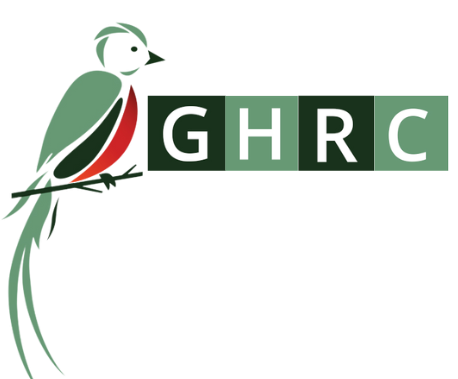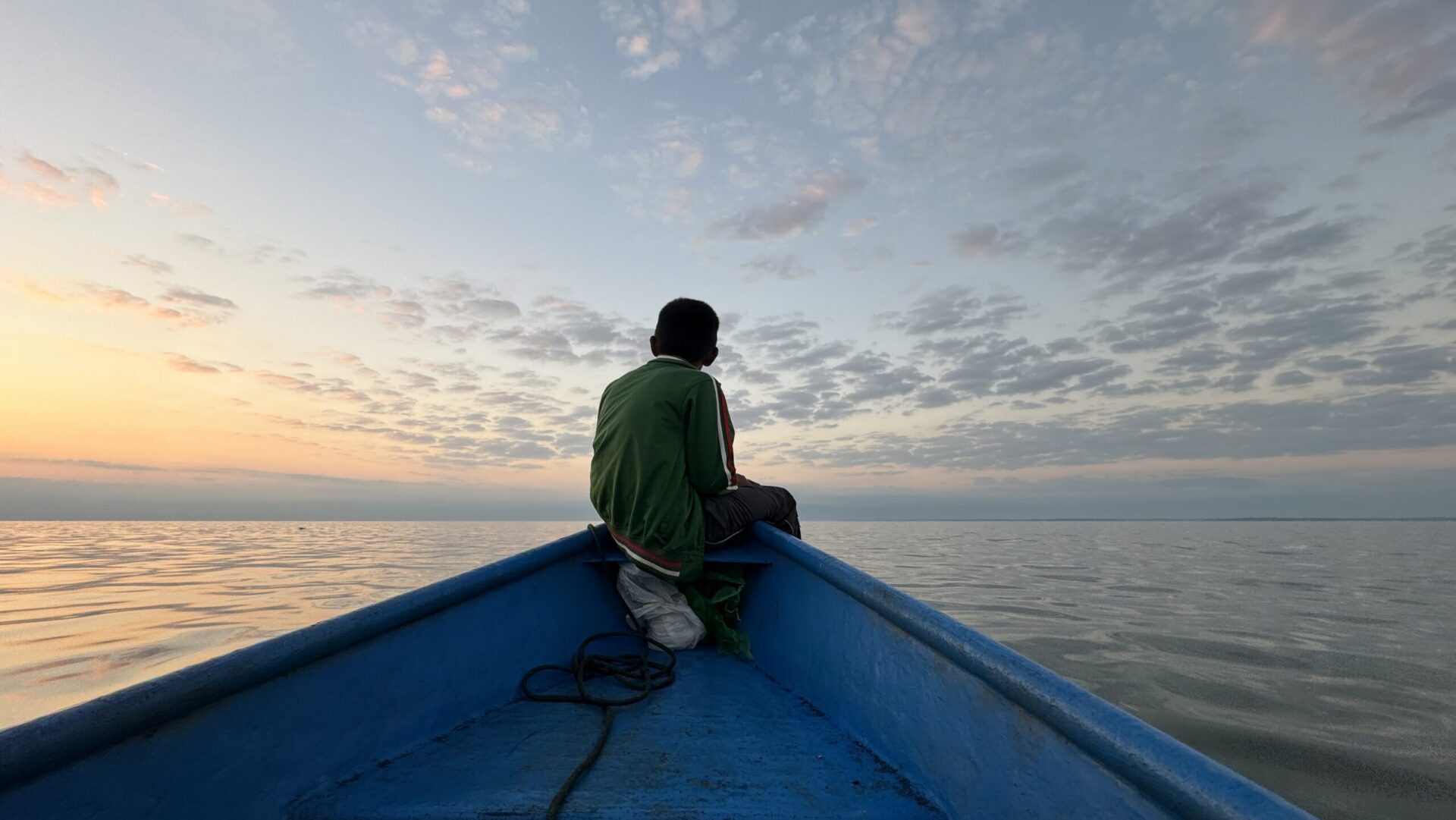The Unit for the Protection of Human Rights Defenders in Guatemala (UDEFEGUA) reported 846 aggressions against human rights defenders this year. Of the aggressions cited, 153 were committed against environmental defenders and 210 against judicial sector workers, including judges and prosecutors. From January to November, there were 11 murders and 3 attempted murders. Defenders also had 84 baseless lawsuits filed against them. The annual report–titled “Dictatorship Disguised as Democracy: Authoritarianism and the Increase in Aggressions Against People, Organizations, and Communities Defending Human Rights in 2021”–documented this year’s trends in attacks on human rights defenders, pointing to democratic backsliding as one of the major factors behind the attacks.
The report revealed an alarming trend that attacks on human rights defenders are coming from the very institutions that should be protecting them. For example, the Public Ministry consistently worked against human rights defenders this year, criminalizing defenders for their work fighting corruption and impunity. In light of the increasing danger to defenders, UDEFEGUA called on “the national and international human rights community to be attentive to the human rights situation in the country and to accompany the efforts of human rights defenders and their organizations to recover the path of democracy, peace and rights for all.”
IACHR Holds Hearing on the Situation of Women Environmental Defenders in Guatemala
In a hearing requested by GHRC and the Amaq’ Institution, indigenous human rights defenders presented to the Inter-American Commission on Human Rights the challenges faced by women environmental defenders in areas where mines have been imposed. Composed of female representatives from several indigenous organizations, the group informed the commission about the struggle to defend their territory and the environment against mining, specifically mentioning the case of El Estor and their resistance against the Fenix Mine in Izabal. They denounced the violation of their right to a free, prior, and informed consultation by the State and the two states of exception implemented in October and November. According to GHRC’s Guatemala City Office Director, Isabel Solis, who testified in the hearing, “The terror generated by the state has been permanent since the states of siege.” The defenders testifying emphasized that women in El Estor have faced the worst impacts caused by the mine and states of exception, including higher rates of health problems related to pollution and sexual harassment at the hands of police.
The State, however, denied these accusations, insisting that it is doing its part to respect the rights of women. In respect to El Estor, the representatives of the State claimed that the consultation process was conducted “in accordance with the law and jurisprudence.” Representatives of the IACHR reiterated that states of exception must comply with international standards. Commissioner Antonia Urrejola acknowledged that the State and the women defenders had divergent views in respect to the consultation process, compliance with international standards, and the experience of the women defenders affected and recommended that the State seek spaces for dialogue, finding points of agreement and establishing a dialogue with the indigenous organizations that would lead to a way forward. She offered the help of the IACHR in establishing such a dialogue. She reiterated the importance of environmental defenders and urged the State to provide them protection so that they could carry out their role, stating that “they are the people that play a fundamental role for a functioning democracy.”

